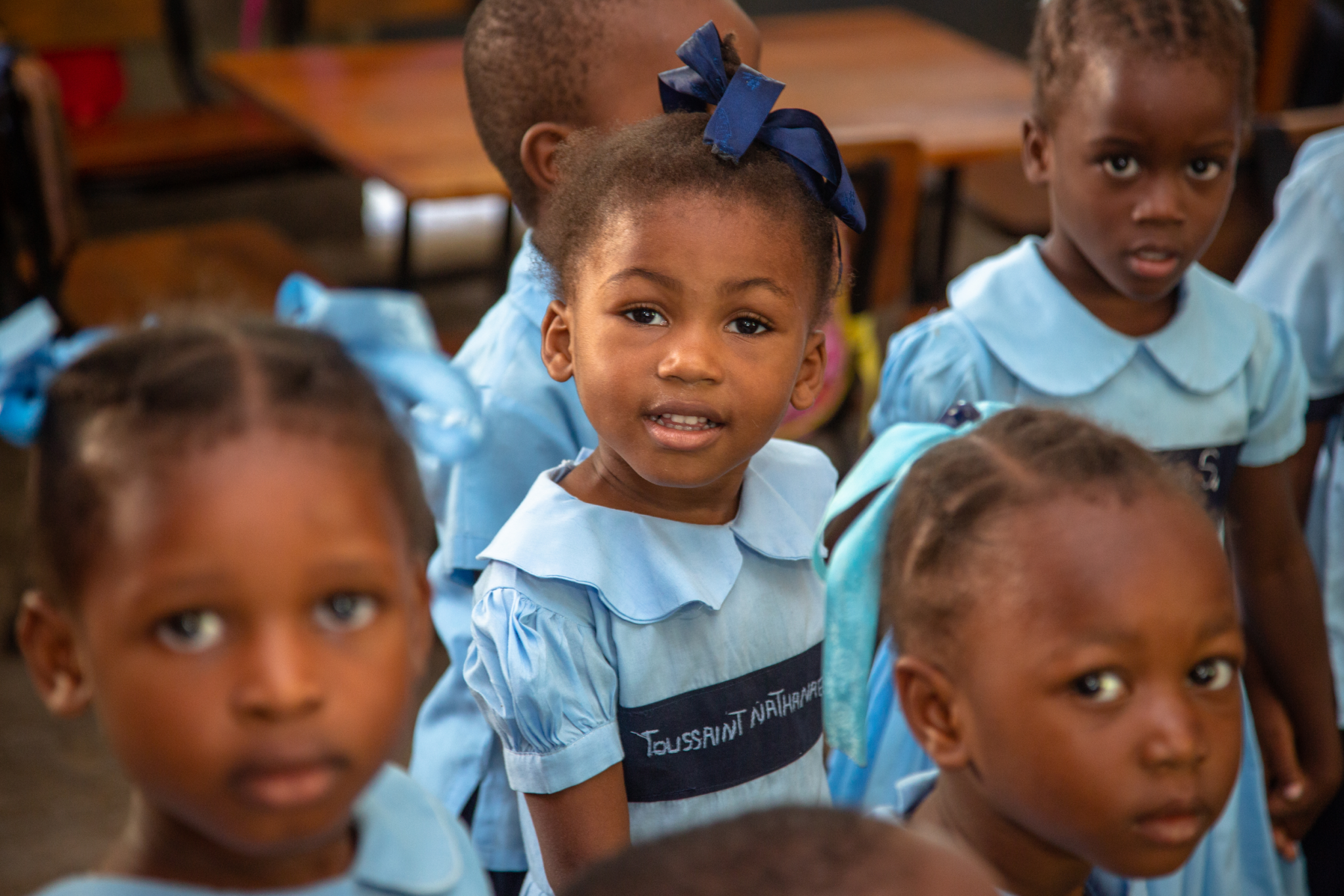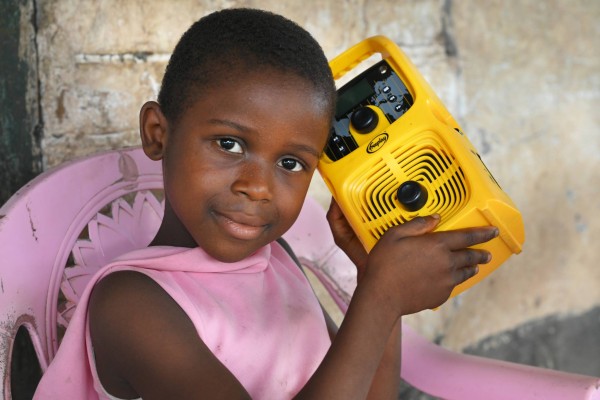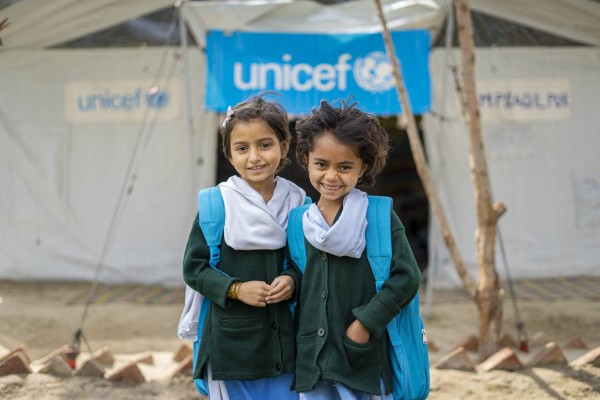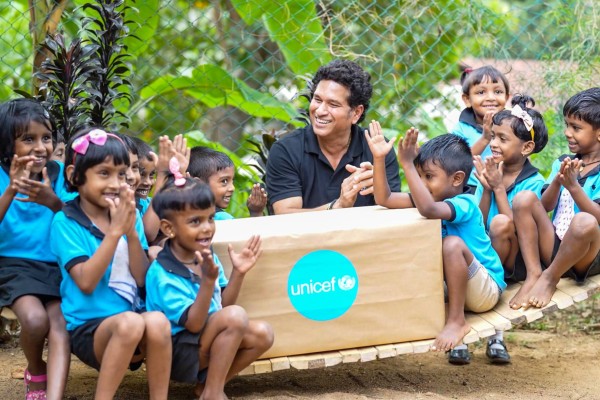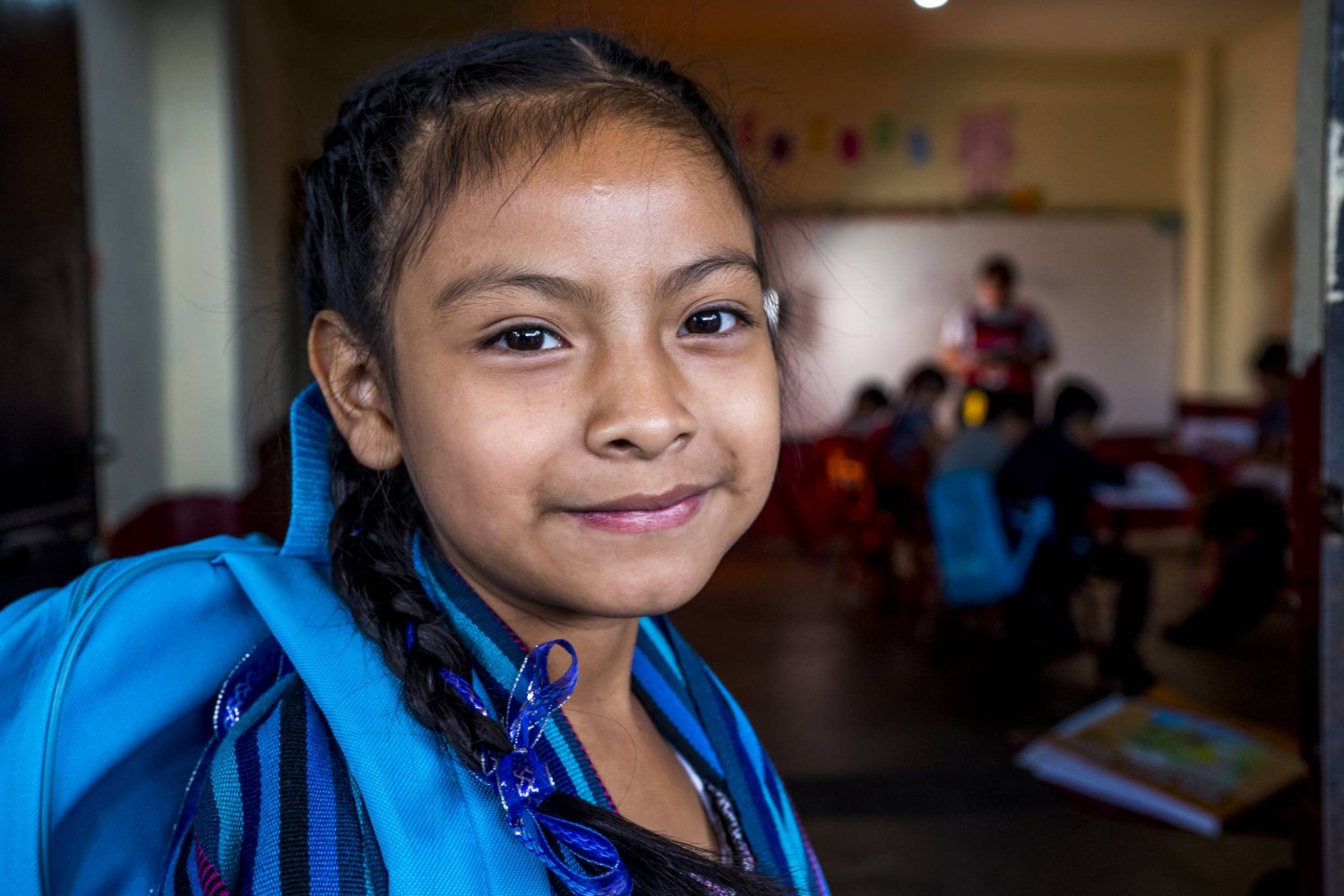Access to a quality education
In Luxembourg, every September marks the start of a new school year. Just like in many other countries around the world, where it’s back-to-school season, too. However, access to education is sadly not guaranteed for every child.
Every child has a right to a quality education
Many parents struggle to enrol their children in school, especially families who do not have the financial means as well as those living in regions that are isolated or affected by crisis or conflict. In addition, the education children receive is often not of adequate quality, as it is not based on an appropriate curriculum, the staff are not suitably qualified or the classes are too crowded.
However, a quality education is incredibly important for children. It shapes their prospects and can lift them out of intergenerational poverty. In other words, it’s crucial to give all children access to a quality education, including those who live in areas affected by crisis or who come from deprived families.
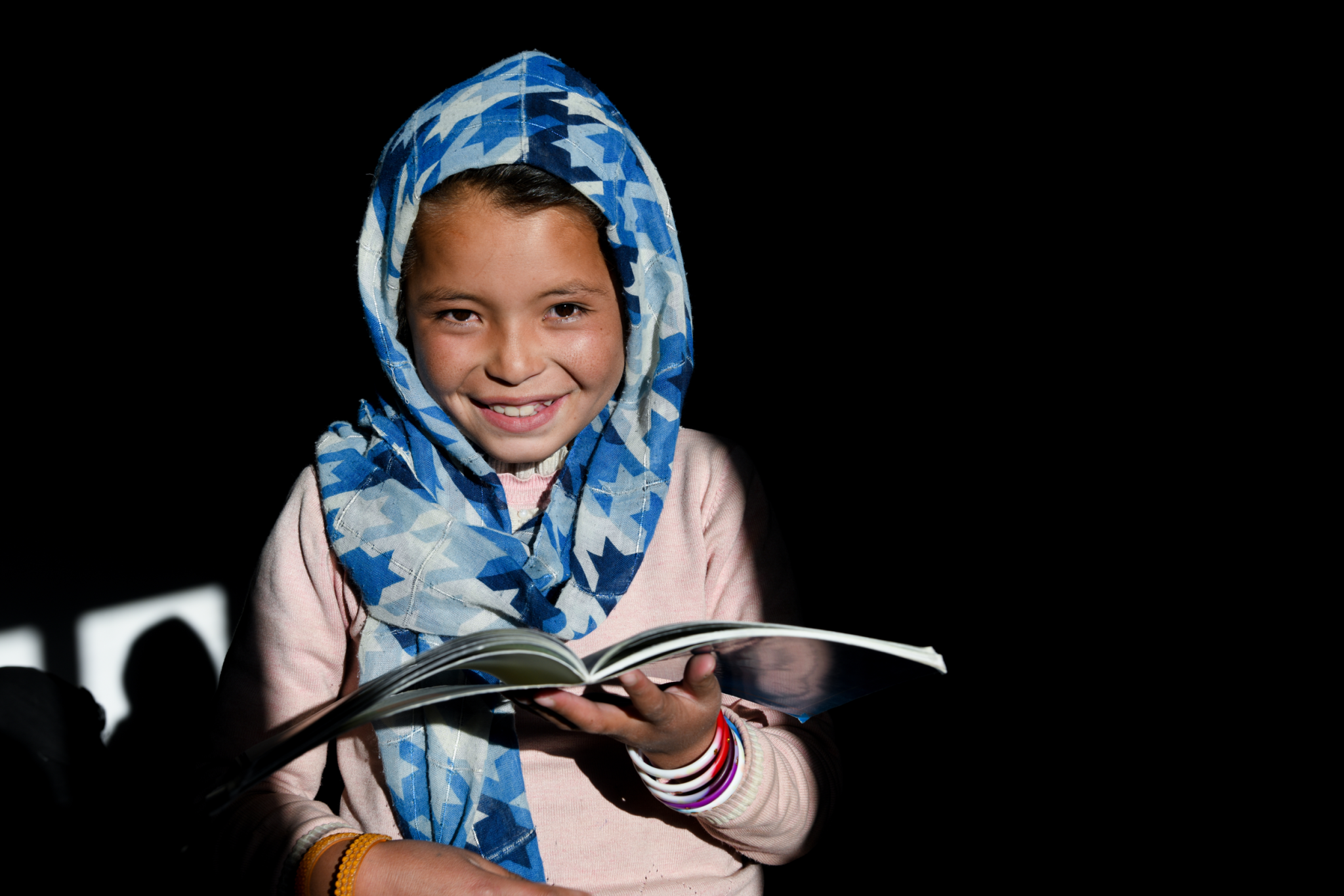
To give them a better future,
we need to act now
UNICEF’s work in the field of education
UNICEF provides millions of children around the world with access to an education through a multitude of different projects, and is continually working to optimise the prospects of each and every one of them. For example, we are helping to rebuild damaged and destroyed schools, delivering school kits to remote areas or during emergencies, improving access to digital learning, offering training opportunities for teachers and advocating for girls to have the same educational prospects as boys.
Some examples from countries around the world
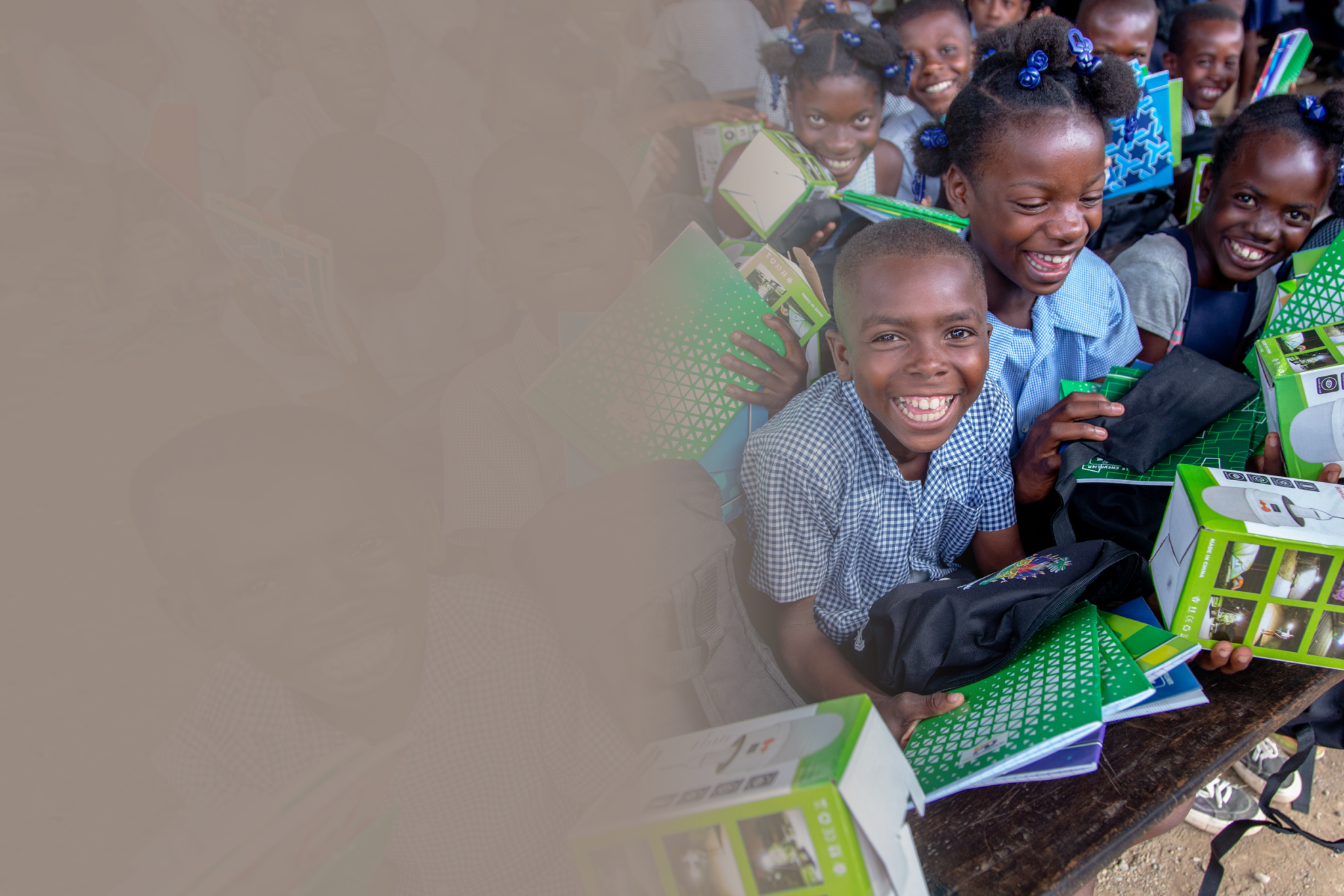
Haiti
Reconstruction of schools and provision of school supplies
UNICEF is distributing school kits containing all kinds of school materials, including a backpack, blocks and a solar lamp. These kits are delivered using the most varied means of transport, such as motorbikes and mules, to reach children in the most remote schools.

Ukraine & host countries
Access to online classes and integration of refugee children
In addition to rebuilding schools, we provide students with laptops and tablets and distribute school supplies to children and teachers.
In host countries, we support the integration of refugee children into the national school system and train teachers to integrate all children, especially those with disabilities, by giving them psychological and linguistic support.

Cameroon
Access to education thanks to educational radio programmes
We are helping 60 rural communities affected by school closures to implement an educational radio programme. In total, we have already been able to reach nearly 55,000 children to improve their safety. To further optimise the programme, it will be adapted to suit students of different ages, in line with the national curriculum. Moreover, it will be used to train teachers.
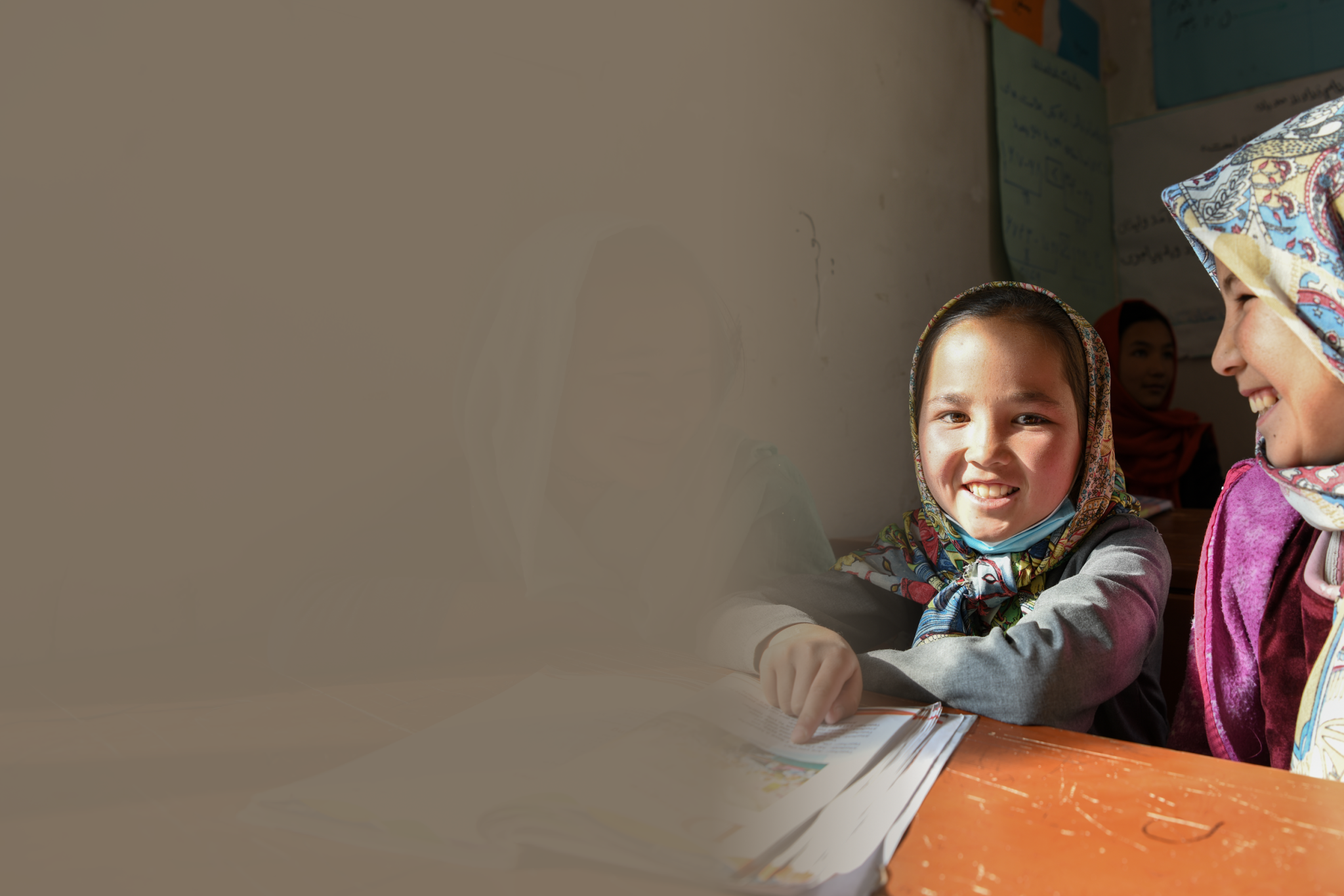
Afghanistan
Giving girls a better future through community-based learning
We are committed to promoting access to education as well as gender equality. With countless children denied access to education by the authorities, we are helping to find alternative ways of learning. In Afghanistan, our efforts in the field of education are therefore focused on community-based classes and learning centres. In the Bamyan region alone, we are already able to provide 11,600 children with access to education, 70% of whom are girls.
